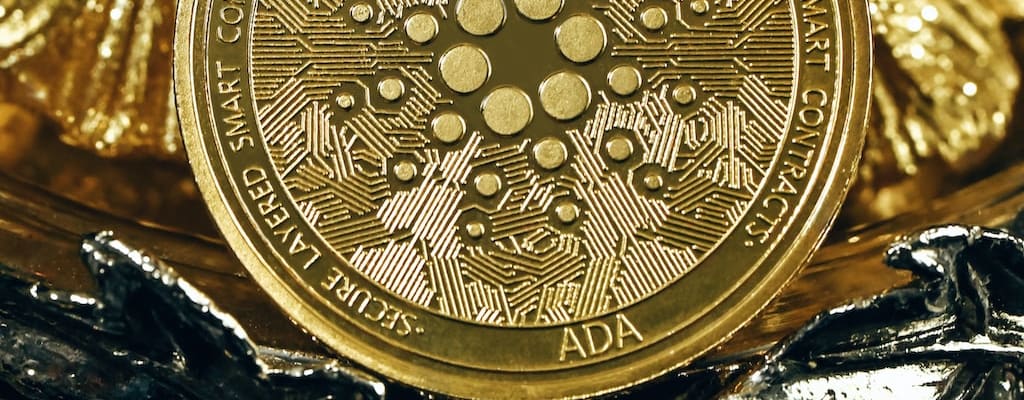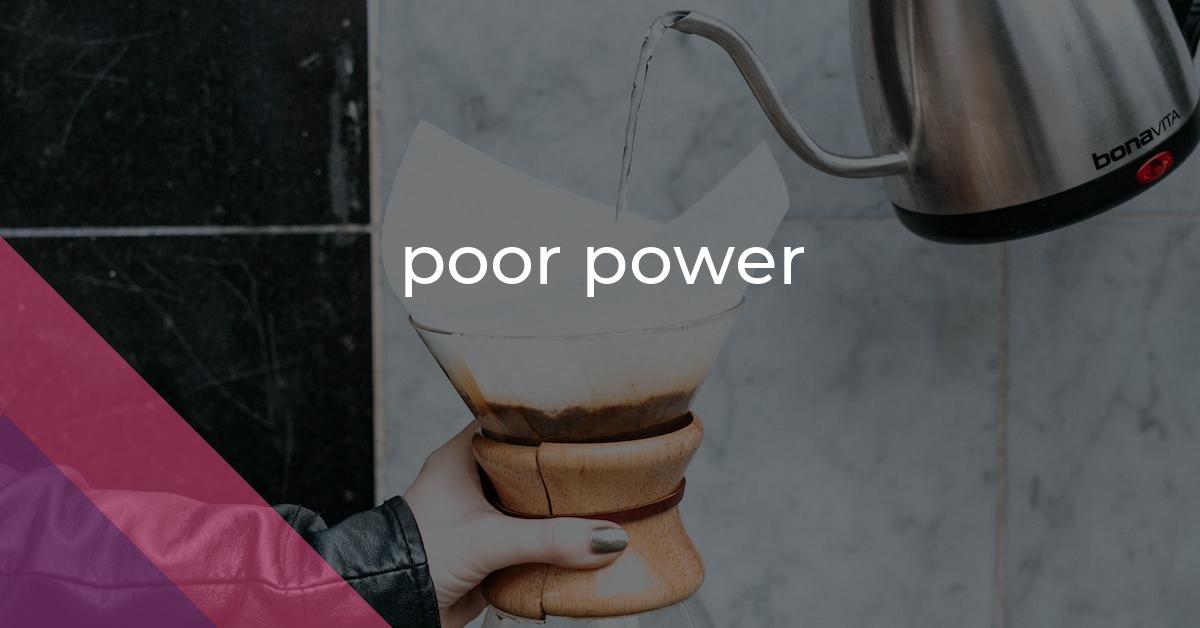poor power: Idiom Meaning and Origin
What does ‘poor power’ mean?
The idiom "poor power" refers to someone who lacks authority, influence, or control in a given situation. It implies a lack of ability or effectiveness, leading to a disadvantageous position.

Idiom Explorer
An idiom that means someone is very poor and has no money.
The idiom "second-rate" refers to something of inferior quality or standard compared to others in the same category.
The idiom "rule the school" means to have complete control or dominance over a particular group or organization, typically a school or a similar social setting.
The idiom "rule the roost" means to be in control or have authority over others, especially in a family or group setting.
To "rule the day" means to take control or have a strong influence over a situation or event, often with negative consequences for oneself or others.
An idiom often used to describe a person who is disliked or considered bad, with negative qualities or behavior.
The idiom "rock bottom" refers to the lowest possible point or level of something. It is often used to describe a situation or a person's life when they have hit a point of extreme difficulty or failure.
The idiom "reign supreme" means to have complete control or be in a position of undisputed power or authority.
The idiom "raw deal" means to receive unfair treatment or a bad outcome in a situation.
The idiom "put someone in their place" means to assert one's authority or dominance over someone, often by reminding them of their lower status or making them feel inferior.
Uncovering Meager Authority
The idiom "poor power" is a commonly used expression in American English that conveys a sense of inadequacy or inefficiency in a situation or an individual's ability to effect change or accomplish a task. The phrase "poor power" originated from the combination of the adjective "poor" and the noun "power".
The word "poor" in this idiom refers to a lack of wealth, resources, or quality. It signifies a state of disadvantage or inferiority in terms of both material possessions and capabilities. It is worth noting that the term "poor" in this context does not solely indicate a lack of financial wealth, but also encompasses a broader range of deficiencies or limitations.
The term "power" in the idiom "poor power" represents the ability, influence, or capacity to accomplish something. The concept of power conveyed here goes beyond physical strength and encompasses a broader spectrum of capabilities, such as intellectual, social, or political power.
When combined, the idiom "poor power" implies that the individual or situation being described lacks the necessary means or capabilities to achieve a desired outcome effectively. It conveys a sense of futility, helplessness, or frustration in the face of obstacles or challenges.
This idiom is commonly used in various contexts, including personal, professional, and societal situations. For instance, in a personal context, one might use the idiom "poor power" to describe their own feeling of incompetence or inability to complete a task despite their best efforts.
In a professional context, the idiom "poor power" can be used to express dissatisfaction with organizational structures or bureaucratic systems that limit an individual's ability to make meaningful changes or influence decisions.
Socially, the idiom "poor power" can be applied to describe the frustration experienced by marginalized groups or individuals who lack the necessary resources, opportunities, or societal support to effect significant change or progress within their communities.
Despite its negative connotations, the idiom "poor power" can also reflect a certain resilience or determination to overcome obstacles and improve one's circumstances. It highlights the need for individuals or societies to identify and address the factors contributing to their perceived powerlessness in order to create positive change.
The idiom "poor power" is closely related to the idiom "powers that be". "Powers that be" refers to the individuals or groups who hold authority or control in a given situation, often in a hierarchical or influential position. It can be used to describe those who possess the power and influence to make decisions or shape outcomes.
The concept of "powers that be" is closely tied to the idea of "poor power" as it highlights the contrast between those who have the ability to effect change and those who lack the necessary means or capabilities. Those who are described as having "poor power" may find themselves at the mercy of the "powers that be", unable to influence or alter the course of events.
Another related idiom is "power-hungry". "Power-hungry" describes individuals who have an insatiable desire for power and control. They are willing to do whatever it takes to obtain and maintain power, often at the expense of others.
The idiom "power-hungry" is opposite in meaning to "poor power". While "poor power" conveys a sense of powerlessness or inadequacy, "power-hungry" represents an excessive or unhealthy desire for power. It signifies an individual's willingness to use and exploit power for personal gain, without consideration for others.
The idiom "poor power" expresses a sense of inadequacy or inefficiency in a situation or an individual's ability to effect change. It conveys feelings of futility, frustration, and helplessness. The related idioms "powers that be" and "power-hungry" provide further insight into the dynamics of power and control. While "poor power" highlights the lack of necessary means or capabilities, "powers that be" emphasizes the contrast between those who possess power and those who do not. "Power-hungry" represents individuals who have an excessive desire for power and control, often at the expense of others. These idioms shed light on different aspects of power and its implications in various contexts.
Example usage
Examples:
- After a long day at work, John's poor power made it difficult for him to concentrate on his studies.
- The team's poor power was evident during the match, as they failed to score a single goal.
- Due to the poor power of the car's engine, it struggled to climb steep hills.
More "Finance" idioms



